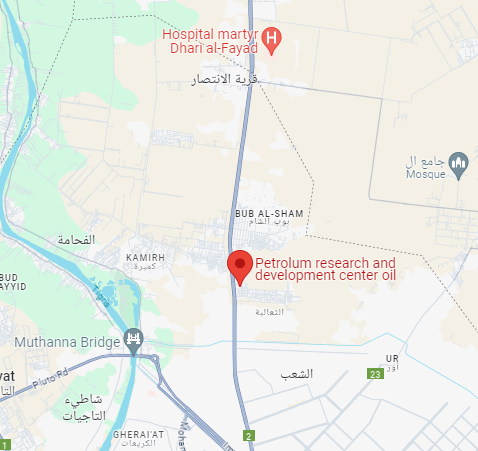CFD Study of Cuttings Transport through Vertical Wellbore
DOI:
https://doi.org/10.52716/jprs.v8i3.279Keywords:
Computational fluid dynamics (CFD), dense discrete phase model (DDPM), cuttings transportation, drilling fluid, Eulerian model, multiphase flow.Abstract
Cuttings transportation from the bit up the annulus to the surface is one the essential
functions that are performed by drilling fluid. Predication of drilling fluid efficiency to
transport cuttings in the annulus is very complicated due to numerous parameters that have
affected drilling operations. Computational Fluid Dynamics (CFD) is widely used as a
numerical technique in handling complex multiphase flow problems in different
operational conditions.
The present work has taken the advancement of CFD to computationally analyse the
influence of the effects of various parameters like drilling fluid rheology, flow rate, pipe
rotation, cuttings density, shape, concentration and drilling fluid- cuttings particle coupling
regimes on the cuttings transport in a vertical wellbore. The CFD simulation was carried
out by using transient solver of ANSYS-FLUENT CFD commercial code.
The dense discrete phase model (DDPM) is suggested in this work to overcome the
main shortcomings of Eulerian–Eulerian and CFD-DEM approaches in simulating drilling
fluid-cuttings flow. Also, some of the experimental investigations were involved in
determining the fluid physical properties and essential input data to perform the CFD
simulations. Regarding the results validation and verification, well agreement has been
achieved between results obtained in this study with those reported in other studies
Downloads
Published
How to Cite
Issue
Section
License
Copyright (c) 2020 Mortatha Al-Yasiri, Amthal Al-Gailani, Dongsheng Wen

This work is licensed under a Creative Commons Attribution 4.0 International License.














